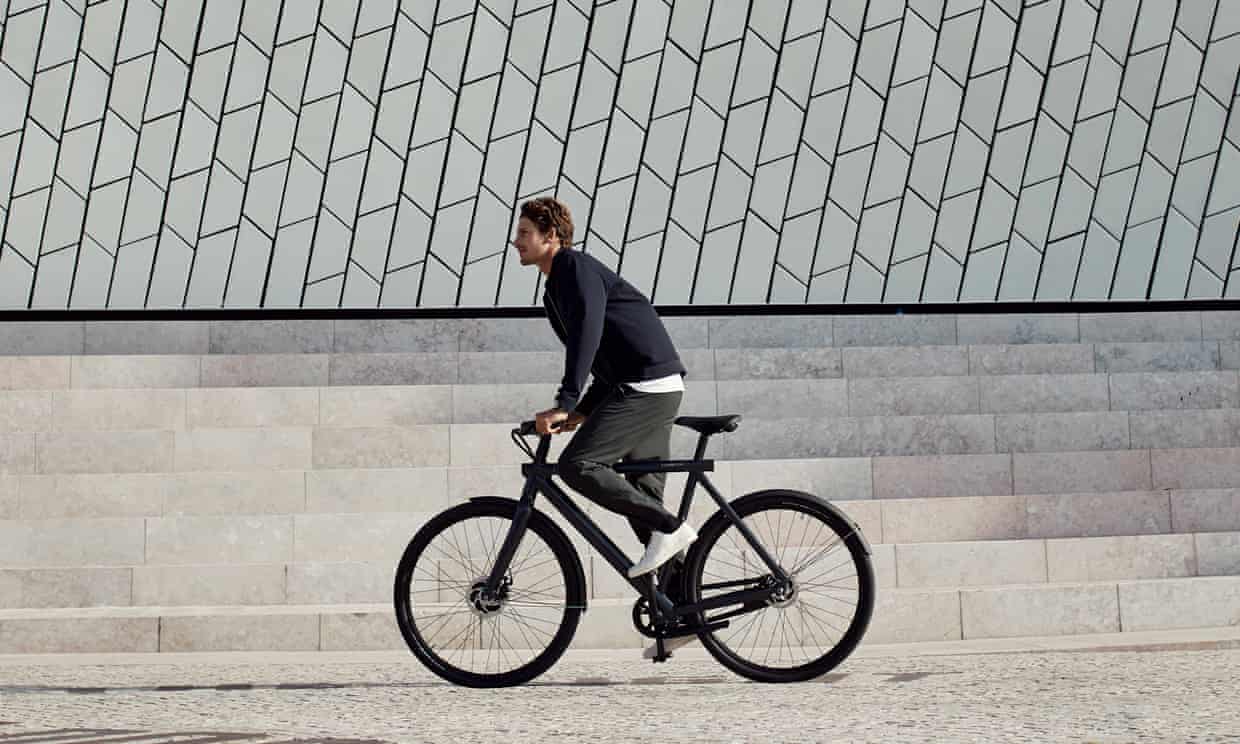E-bikes are exploding, and investors are piling in.
- In early 2021, Rad Power Bikes raised $150M to expand globally.
- Over the summer, premium e-bike maker VanMoof raised $128M.
- SUPER73 ($20M), Dance ($19.4M), Zoomo ($12M), Ubco ($10M), and Swft ($10M) all secured funding this year.
And, a number of European e-bike makers are crossing the pond into North American markets. See: Belgium-based Cowboy, Swiss e-bike company FLYER, and Austria’s Pierer Mobility AG.
Why now? Last year, pandemic tailwinds surged US sales by a whopping 240%; Americans bought an e-bike every 52 seconds.
Disrupting cycling, e-bike retailers address major consumer pain points when it comes to adoption. Electric pedal assists help with summiting hills, while new subscription models mitigate maintenance issues, storage/moving hassles, and the threat of theft.
The catch. Ask any US urbanite and they’ll tell you that our cities aren’t designed for bikes. Unlike 15-minute cities, where residents can cycle or walk to daily amenities in under 15 minutes, Americans prioritize automobiles.
But some think it’s inevitable: e-bikes will eat cars. They’re already outselling electric vehicles two to one, and the pandemic is catalyzing shifts. For the first time in decades, cities across the US closed streets, lowered speed limits, and designated new bike lanes.
That’s a win for health. More bikeable infrastructure, says Pon Holdings CEO Janus Smalbraak, provides cascading benefits:
“Cycling is not only healthy, it also plays a critical role in fighting inner-city congestion. It’s one of the most sustainable ways of transport.”
Lawmakers seem to be paying attention. California just announced up to $10M in e-bike incentives, and even Congress is considering a federal e-bike tax credit.
Next up, the rest of the mobility market seems to want in too:
- e-scooter giant Lime earmarked $50M for its e-bike vertical, while its competitor Bird recently unveiled its own $2,299 e-bike.
- Over in the Netherlands, Pon Holdings just shelled out $810M for Dorel Sports’ portfolio of bike brands, and Dott raised $85M in April to expand into e-bikes.
Takeaway: E-bikes are exploding, but the market is extremely fragmented. Responding to growing demand, a flood of e-bike specialists and micromobility giants alike are jostling for first prize. As the market matures, whoever can first achieve meaningful economies of scale and drive down costs will likely come out on top.
 Image: VanMoof
Image: VanMoof


